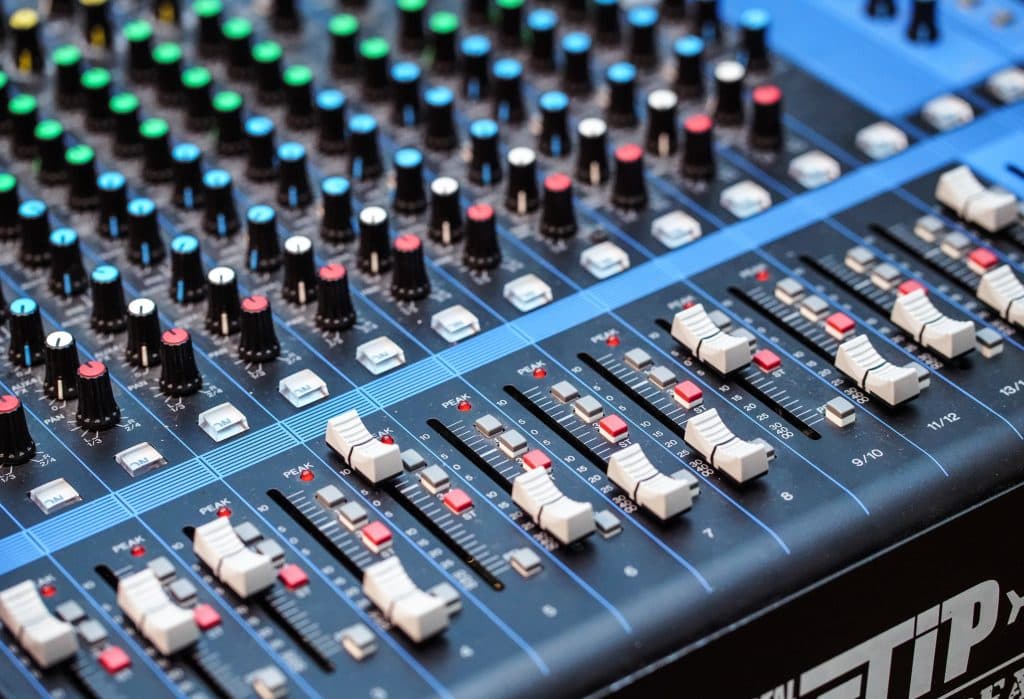What can I do with a music production degree?
When you decide to take up a degree in music production, the path ahead might be vague for you. The inclination towards acquiring a degree in music production could have stemmed from your passion for music. However, while passion can keep the mind happy, it is also important to know whether the degree can help you become an established name in the industry or not. A degree in music production has the potential to expand your skill-set and widen the scope of career opportunities available for you. It gives you the chance to build an exciting career with extensive knowledge about music production and the industry to back you up.

Since the music industry is vast, you might not necessarily be off to a great start at the beginning of your career. Some top musicians have had to start from rock bottom and have made their way all the way to the top with their hard work, dedication and understanding of music as an art.
If you are also interested in pursuing music production as a career, take a look at the range of career avenues you can choose from.
Record Producer
Also known as track producer, a record producer is responsible for overseeing and managing the entire recording and production process from choosing a single song to coming up with the perfect collection for an entire album. Your job as a producer will be to gather ideas for projects and help select the cover songs and original material that should be recorded. Sometimes, you will have to hire backup singers and writers who will work closely with your artist. You will be responsible for finding ways to improve lyrics, songs and arrangements in and out of the studio.
Audio Technician
An audio technician ensures that the sound quality is as close to perfect as possible. They are also known as recording, sound, audio or vocal engineers. Their primary responsibility is to work with artists, producers and to determine the level of sound needed.
Here, you will have to work on the technical aspects of recording, which may include setting up audio recording devices and mixing different sounds. Sometimes you may have to make basic repairs and mixing boards. You will also be in-charge of sound checks and audio mixing, including the music and speech in all events held for the artist you are representing.
Computer Music Designer
Just as computers are taking over everything else, they are slowly becoming the heart and soul of modern music. As a computer music designer, you must be well-versed with everything starting from modular software platforms to DAW. Your primary responsibility would be to develop software that can be used for modifying the music created.
Instrument Tech
An instrument specialist is a career that needs extensive knowledge in the use, setup, maintenance of musical instruments and other types of equipment that are needed for recording in studios and concerts. As an instrument technician, you can choose a specific specialization such as a keyboard, guitar, bass, or percussion.
Sound Mixer


As a sound mixer, you will be responsible for managing the volume and the quality of the sound produced by the audio when it is being recorded and played, especially in instances where more than two microphones are used.
You will need knowledge of sound mixing devices that are designed with different real-time adjustments. A sound mixer helps in live music productions where there are no chances of making adjustments before the sound is played in front of a live audience.
Conclusion
Choosing the right career in music production will help you use your creative skills to earn a handsome salary. So research about the best music production degree and enroll for it today!




